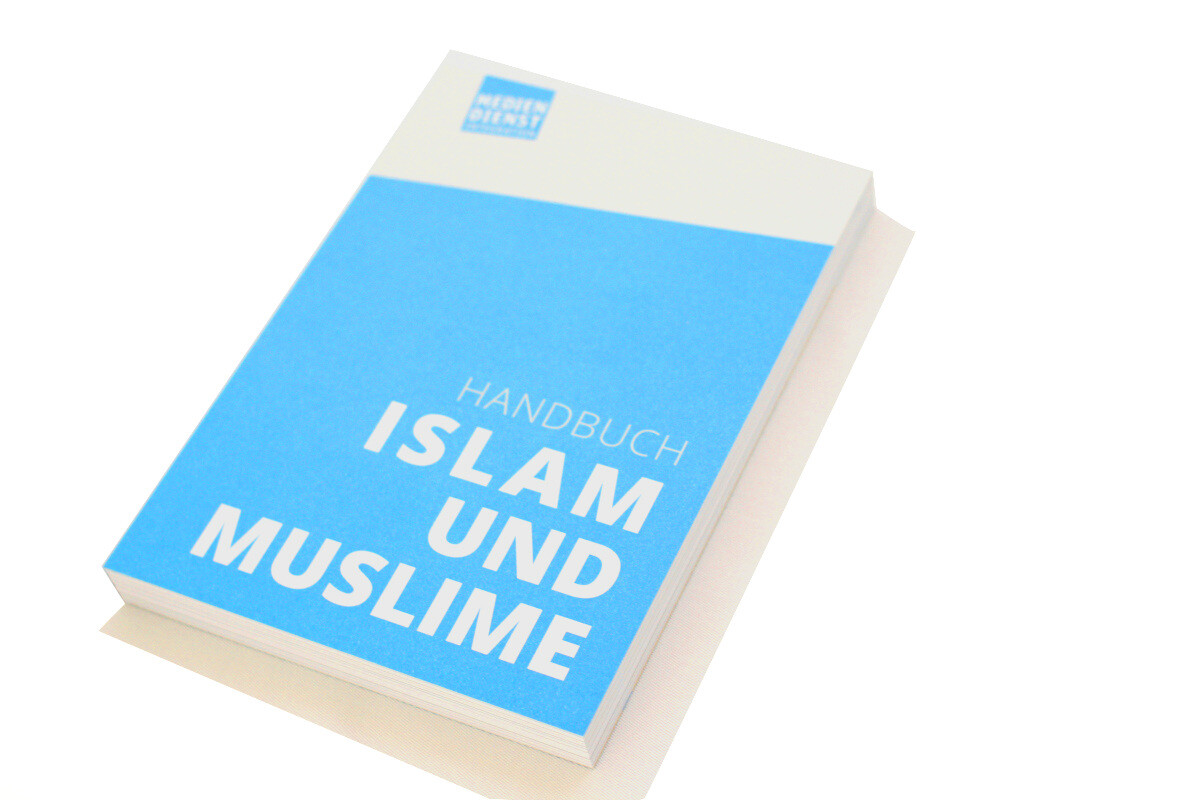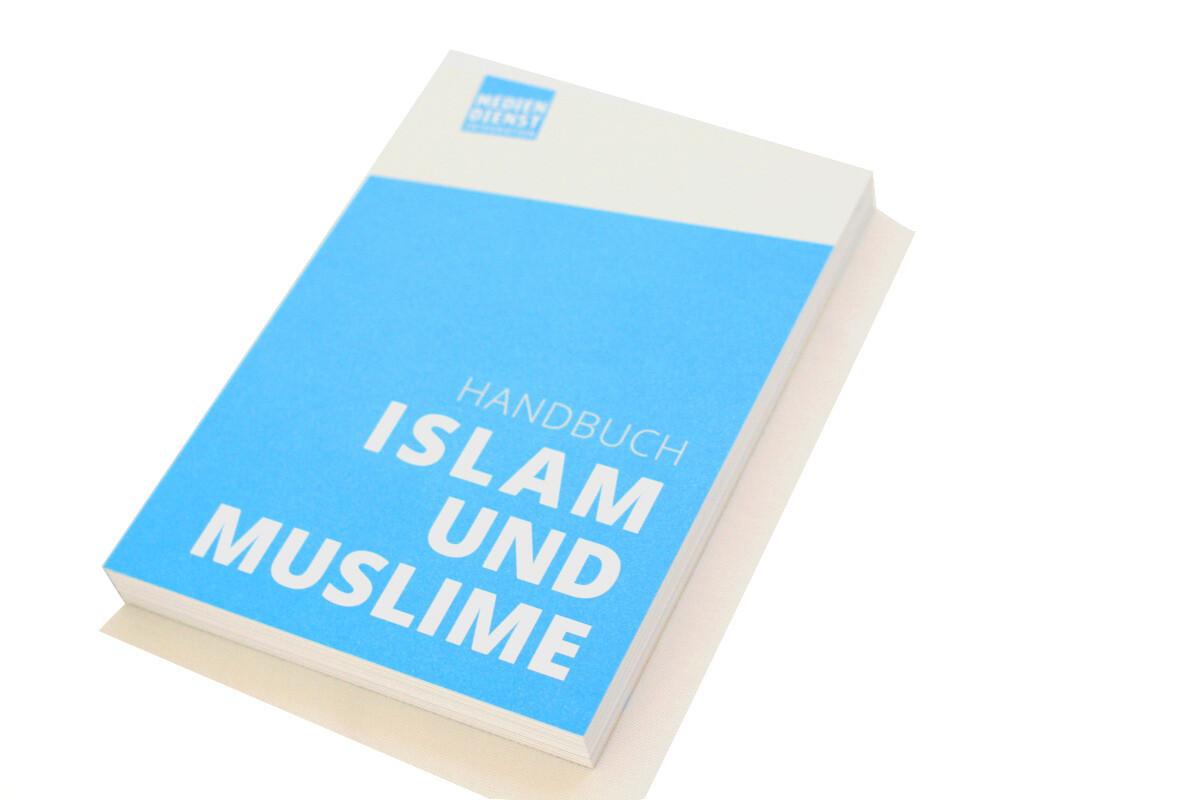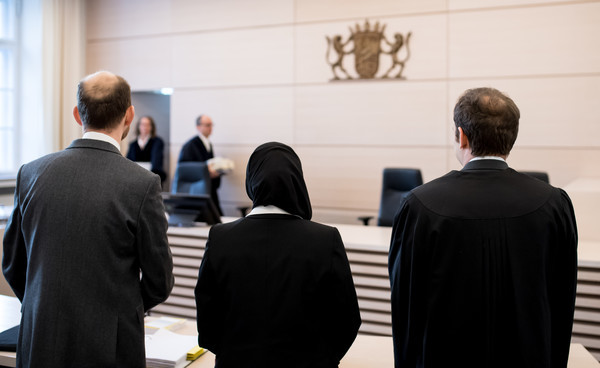Prejudice and fears about Islam and Muslims are widespread in German society. This has been shown by numerous studies. But what do we actually know about Islam as a world religion or about Muslims who live in Germany? What role does extremism play on the one hand and Islamophobia on the other? Mediendienst Integration provides answers to these questions and more with the release of its new “Handbook on Islam and Muslims in Germany”, a project made possible by the Robert Bosch Foundation.
Download the German PDF of the Handbook here
The handbook provides facts and figures on the Muslim population in Europe and around the globe, lays out the main features of the Islamic faith and its most important denominations, and offers a brief introduction into the history of Islam in Europe. It also provides evidence-based answers to commonly-debated questions such as, “How religious are Muslims in Germany and how ‘integrated’ are they?”, “How many Muslim women wear headscarves and what are the prevailing attitudes toward the headscarf among Germans?”, and “Where in Germany is Islamic religious education in schools offered and who is leading it?”.
Feedback from experts
To launch the new handbook, Mediendienst invited experts from academia, journalism, and civil society to a press briefing on October 30, 2019 to discuss the challenges of reporting on Islam and Muslims in Germany. Here are some key take-aways from the event:
Cultural scholar Werner Schiffauer sees several challenges for journalists in Germany reporting on Islam issues: One is the complexity of the Islamic landscape and the multitude of actors involved. "What was true yesterday is no longer true today," said Schiffauer. The new Mediendienst handbook helps give journalists this orientation.
The second challenge is finding reliable sources. Researchers are at odds on Islam issues, says Schiffauer. The third main challenge he sees is societal reservations about Islam that are often reflected back by editorial offices.
Islamic actors can support more differentiated reporting on Islam, says Lamya Kaddor, founding chairman of the Liberal-Islamischen Bunds (Germany’s Liberal-Islamic Federation). "Muslim women and men should more frequently speak up as dialogue partners while also calling out disinformation or hostile reporting," says the Islam scholar. Within the handbook, Mediendienst provides a detailed directory and contact information for Islamic religious communities and Muslim civil society associations in Germany.
According to Kaddor, Islamic communities also play an important role: "Mosques should work harder on their communication strategy and address the media directly". Muslim communities should also be able to distinguish between criticism and attacks.
What could more differentiated reporting on Islam look like? "The media should cover a wider variety of stories and topics," says journalist Julia Ley. She often finds the thematic framing of Islamic reporting problematic. Questions such as "Is Islam evil?" can reinforce prejudices.
"What do we think of when we hear the word Islam?" asks Ley. Very often, violence and terror. "Yet, topics such as 'Salam-Shalom', a Jewish-Islamic dialogue project, or the influence of the British-Iranian singer, Sami Yussuf, on the international pop scene rarely appear in the media," says the journalist. Ley's conclusion: "Reporting should reflect the entire reality of the Islamic world, both its critical and positive aspects”.
By Daniel Bax and Fabio Ghelli, translation by Sophia Burton



